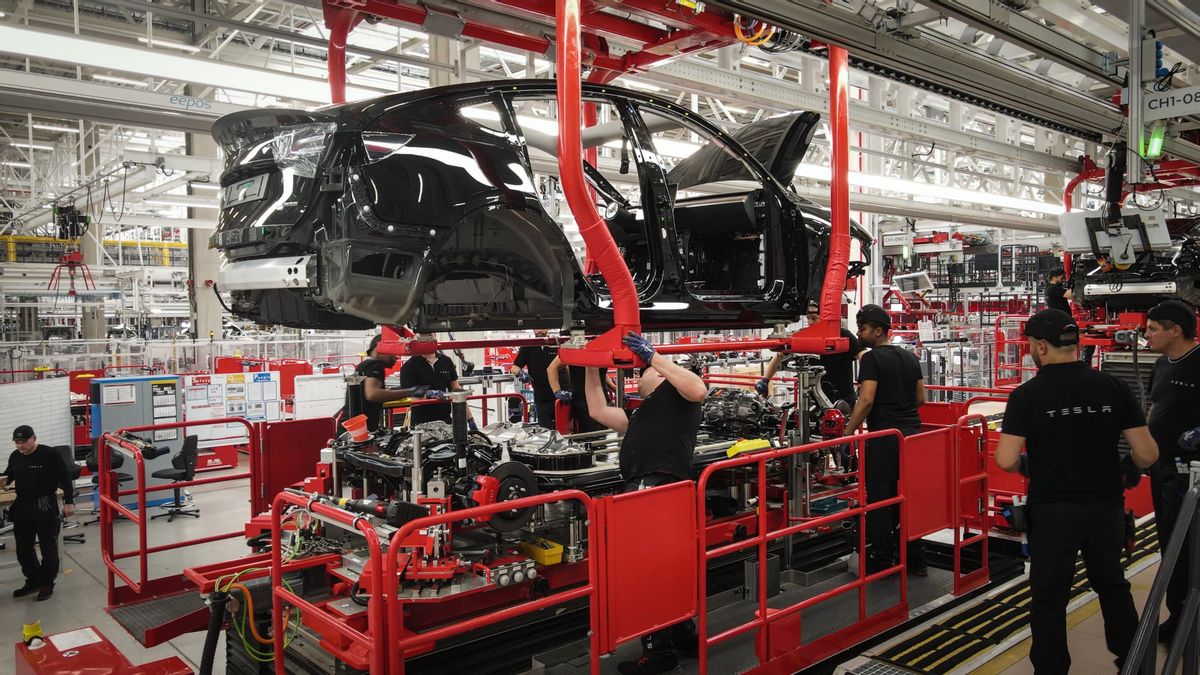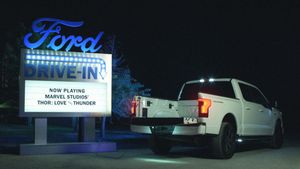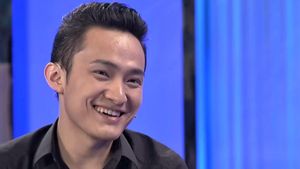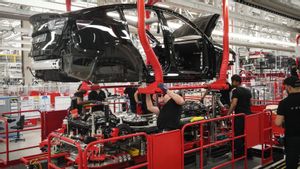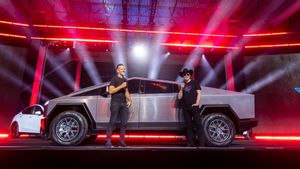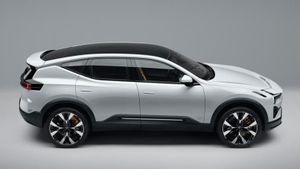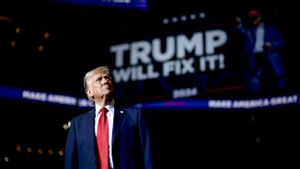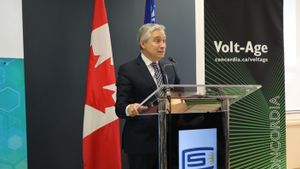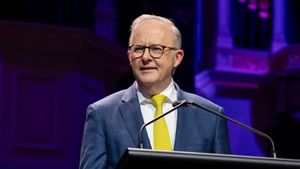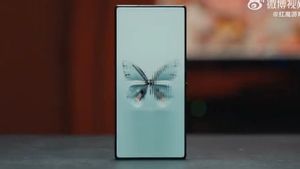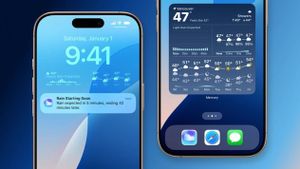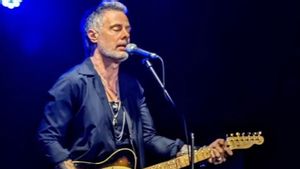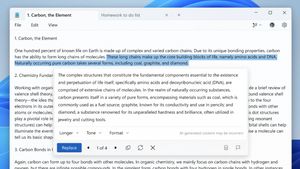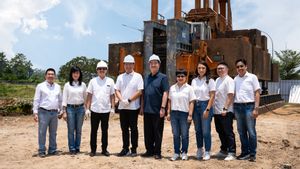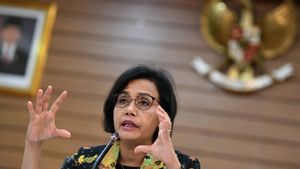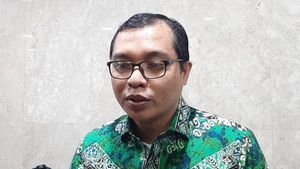JAKARTA – Tesla's Full Self Driving Beta technology has covered 35 million miles (72 million km) and is gathering huge amounts of data that will further enhance its capabilities. What's more, most of those miles have been covered in the last seven months.
"We have now deployed our FSD Beta with City Streets driving capabilities to over 100,000 owners. They are very happy with the system's capabilities and we will continue to improve it every week", Elon Musk said during Tesla's earnings call this week. 'We have now driven over 35 million miles with the FSD Beta.'
“That's more autonomous distance than any company we know of, I think maybe more than, maybe even more than anything, if all the other companies put together. So and that mileage grows exponentially", said Elon, who was also quoted by the Daily Mail.
Alphabet's Waymo, by contrast, revealed in August 2021 that its autonomous vehicles had traveled 20 million miles since 2009, over a 12-year period.
The electric carmaker also shared figures showing a cumulative distance of under 5 million from October 2020, when the first FSD Beta trial launched, to November 2021.
In the same way that the more people use Google Search, the better it will perform because as more drivers use FSD Beta, the software will improve exponentially.
A blog for Tesla drivers in Canada estimates that the company may hit the 100 million cumulative mile mark by the end of this year.
The tech mogul also addressed concerns about FSD Beta's efforts that arose when Andrej Kaparthy announced he was leaving the company last week.
"Well, since Andrej wrote all the code himself, of course, it all stalled", Musk joked.
“But we have a team of about 120 people in our very talented software AI group. And I think we're going to have it, I'm pretty sure we're going to complete full self-driving and it looks like it's still this year", Musk added. "Looks like we're getting together to solve this year's self-driving problem."
During the earnings call, Musk shared an update on the company's production goals, which have been challenged by the COVID-19-related supply chain chaos.
SEE ALSO:
"We hit the important milestone of 1,000 cars a week in June", he said, referring to Tesla's factory in Berlin, Germany.
“And we expect – sorry, our Giga Texas to surpass the 1,000-vehicle-a-week mark, hopefully in the next few months", he added.
Tesla, which makes most of the parts for its own vehicles, is also turning its attention to improving its manufacturing processes.
"We've made a lot of progress in the manufacturing process", Musk said on the earnings call. “As we are now showing on the shareholder deck, thanks to us – big castings, we make the biggest castings in the world".
“We reduced the number of body welding robots by 70 percent per unit capacity in Austin and Berlin. So, let's say, a body shop which is about 3 times smaller than usual", he said.
“And I have to say it's also lighter, cheaper, and has superior noise vibration hardness. So it's good on every level", Musk said.
“But this journey is not over. We will be bringing another level of simplicity and manufacturing enhancements with the Cybertruck and future products that we are not ready to talk about right now, but I think will be very interesting to reveal in the future", said Elon.
The English, Chinese, Japanese, Arabic, and French versions are automatically generated by the AI. So there may still be inaccuracies in translating, please always see Indonesian as our main language. (system supported by DigitalSiber.id)
